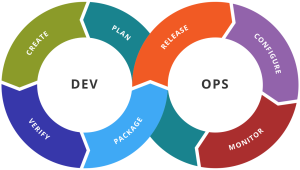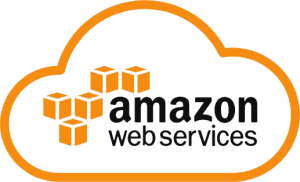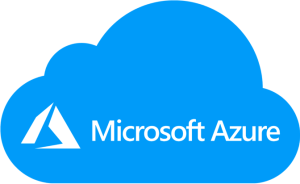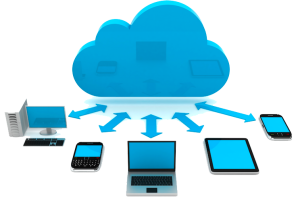Hire Cloud Developers
Our cloud experts are knowledgeable in various cloud-related topics, including application migration, cloud deployment, implementation, infrastructure management, disaster recovery services, etc. To secure the delivery of flawless cloud services, hire cloud developers who stay up to date on the latest cloud server technologies.
VCA LLC helps you find and hire top Cloud developers for both freelance and full-time jobs. With 1,352 Cloudprogrammers available for hire on a freelance or full-time basis, we have one of the largest network of vetted talent. Our Silicon Valley-caliber vetting process helps ensure that you hire Cloud developers and experts that you can trust.

Who Are Cloud Developers & What Do They Do?
In essence, cloud developers are software engineers focusing on cloud computing. As a result, it follows that in addition to programming expertise, Cloud Developers should possess a complete understanding of cloud systems, including how they operate and how to install them securely, effectively, and with the least amount of downtime. Besides the fact that the software they write runs on virtual computers, cloud developers’ jobs are identical to those of software engineers or web developers. This makes problems like security and efficiency even more complex (especially regarding system architecture). The daily responsibilities of a cloud developer are similar to those of any other software engineer. They will spend time comprehending client needs, developing systems and solutions, coding, and troubleshooting.

Benefits of using Cloud
With cloud computing, you’re no longer required to have your own server, cables, network switches, backup generators, redundant routers, and so on. Depending on the cloud provider you choose, they can manage all of this for a monthly fee. Reducing expenses is essential in any business model and every cloud-based platform benefits from this factor alone.
Team Up With The Top 1% Developers In US
Team Up With The Top 1% Developers In USA.
Book Free Consultation
Guaranteed response within 8 business hours.

Fill up your details
Get Custom Solutions, Recommendations, Estimates.







